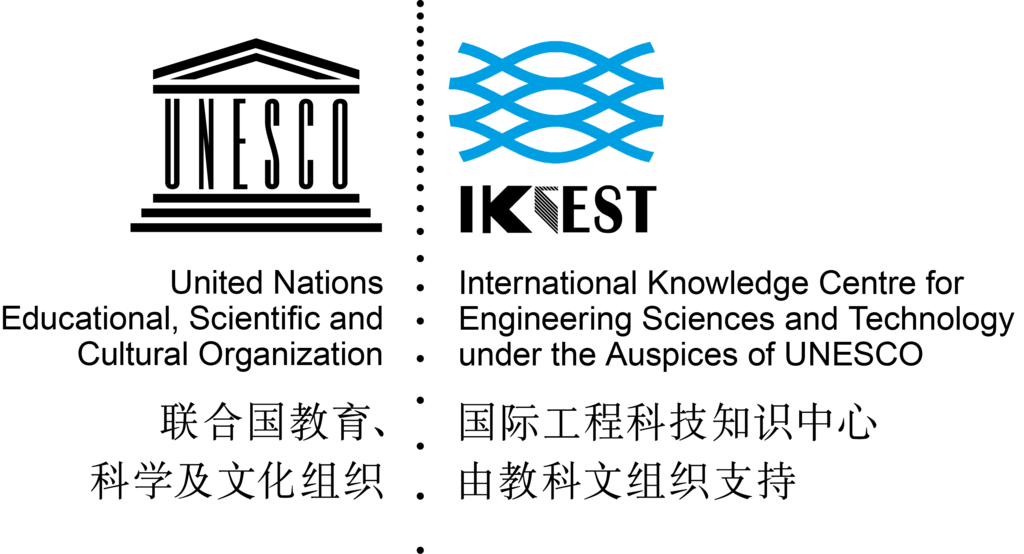by Eric Falt
To read the published version in The Hindu click here
Nearly 75 years ago, the United Nations was created in the face of intolerance and discrimination to reaffirm faith in the dignity and worth of humans, and in the equal rights of women and men. Its fundamental values postulated that in order to live sustainably, we must practice tolerance and endorse the values of equality. However, if we are to stay true to the values of the UN, we must bring the marginalized communities from the fringes back into the development mainstream.
Well-known for his advocacy on disability rights, blind singer Stevie Wonder once declared that ‘love’s in need of love today’. In a plea to elicit support for the community of the disabled, he stressed the importance of counteracting the cycle of oppression. It was a call for greater equality and accessibility made many years ago but the promises remain unfulfilled as we see the values of cohesion and inclusion still being attacked and messages of hatred and intolerance all around.
Based on recent estimates, over a billion lives worldwide are affected by virtue of a disability and the discrimination and stigma surrounding it. According to the World Health Organization (WHO), nearly fifteen per cent of the world's population have some or the other form of disability, making them the largest global minority, facing physical and attitudinal barriers in the form of prejudices. Continuous discrimination denies them equal access to education, employment, health care and opportunities. Essentially, what we are looking at is an enormous reservoir of untapped resources excluded from the workforce.
The stigma attached to persons with disabilities, compounded by a lack of understanding of their rights, makes it difficult for them to attain their valued “functionings”, which Dr Amartya Sen defined as capabilities deemed essential for human development. Women and girls with disabilities are at a higher risk of experiencing sexual and other forms of gender based violence.
Eighty per cent of the estimated one billion persons with disabilities worldwide live in developing countries. The International Labour Organization (ILO), using data from the latest national Census (2011), reports that 73.6 per cent of the disabled in India are outside the labour force. Those with mental disability, disabled women and those in rural areas are the most neglected. The current context has certainly exacerbated these challenges.
As is the case with most crises, the COVID 19 pandemic has had its worst impact on the marginalized communities. For example, students with disabilities who have had to adapt to the ‘new normal’ have found it extremely difficult to access remote learning through digital platforms. In such a scenario, addressing these inequalities alongside the digital divide should be the priority.
UNESCO's 2019 State of the Education Report of India, acknowledges that inclusive education is complex to implement and requires a fine understanding of diverse needs of children and their families across different contexts. India has made considerable progress in terms of putting in place a robust legal framework and a range of programmes and schemes that have improved enrolment rates of children with disabilities in schools. However, further measures are needed to ensure quality education for every child to achieve the goals and targets of Agenda 2030 and more specifically Sustainable Development Goal 4.
Globally, UNESCO joined its partners in the Global Action on Disability (GLAD) Network to raise awareness on the urgent need to put in place strategies and measures to mitigate the impact of school closures on learners with disabilities. The implementation of the ground-breaking National Education Policy (NEP) 2020 provides a historic opportunity to capitalize on immense unleashed potential.
Two of the most celebrated and revered icons of music, Stevie Wonder and Andrea Bocelli, and star Indian para-athlete Deepa Malik already have set the tone for making inclusion the norm. Not only have they inspired millions by overcoming obstacles and finding success on the world stage, they also make a good financial case for inclusion. With the right investments, youth with disabilities in India— a substantially large number according to the estimates — can also be its largest asset.
By championing inclusion across all levels and sectors, organizations can innovate and navigate their way through global problems by incorporating talents that might be differently abled.
Disability should not be a barrier, but rather an opportunity for our societies to innovate so that we can optimally use much needed skills and talents. What persons with disabilities, especially the youth, need is that “moment of lift” to empower them to become active participants in advancing on the UN’s Sustainable Development Goals.
The pandemic has shown us that we are only as healthy as our neighbour. It has exposed the large cracks of inequality and urged us to ponder over what responsibility we have towards each other. Let us use this time as a catalyst for change and work together to ensure that all persons with disabilities enjoy the full range of human rights that everyone is entitled to.
Eric Falt is the Director, UNESCO New Delhi and UNESCO Representative to Bhutan, India, Maldives, and Sri Lanka








 User Center
User Center My Training Class
My Training Class Feedback
Feedback












Comments
Something to say?
Login or Sign up for free